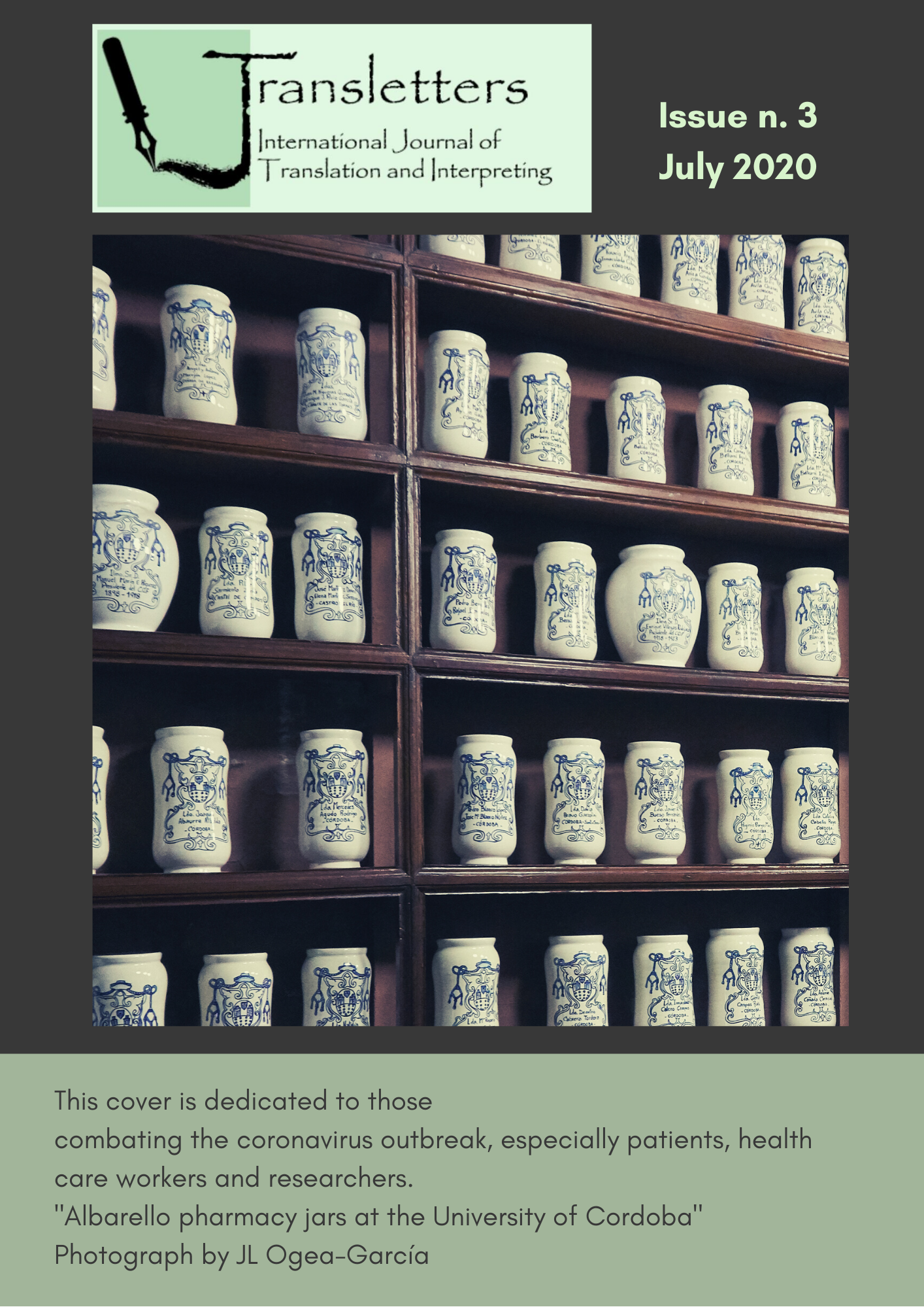Post-édition et traduction humaine en contexte académique une étude empirique
Main Article Content
Abstract
Today more than ever, translators must acquire new skills if they want to keep abreast of recent and future technological developments. The demand for machine translation (MT) post-editing (PE) has been growing steadily since 2017 and most PE work is being done by translators. Neural MT advances are clearly undeniable, but how does PE quality compare to that of human translation (HT)? To answer this question, we conducted a controlled experiment with translation students for the language pair English-French. In this paper, we present the results of the comparative analysis of our corpus after it was assessed by human evaluators. Our results showed, in particular, a higher success rate in PE of neural MT compared to both other methods (HT and PE of statistical MT), as well as a leveling effect in PE of neural MT.
Keywords: ¨Post-editing, Neural Machine Translation, Controlled Experiment, Translation Quality Assessment, Translation Students.
Downloads
Article Details
Suggested policy for journals that offer open access
Authors who publish with this journal agree to the following terms:
1. Authors retain copyright and grant the journal the right of first publication with the work simultaneously licensed under a Creative Commons Attribution License, which allows others to share the work with an acknowledgement of authorship of the work and initial publication in this journal.
2. Authors may enter into additional contractual arrangements for non-exclusive distribution of the published version of the paper in the journal (e.g., submission to an institutional repository), with an acknowledgement of its initial publication in this journal.
3. Authors are allowed and encouraged to publish their work prior to the final version published in this journal once accepted (e.g., in institutional repositories or on their website), as it can lead to productive exchanges, as well as earlier and higher citation of the published work (see The Open Access Effect).

